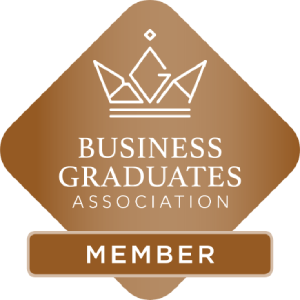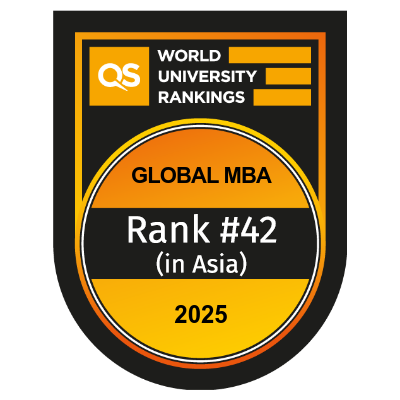-
About
-
Programmes
-
Admissions
-
Research
- Placement
-
Executive Education
-
Alumni
-
Contact
- International Relations
About
- Genesis
-
Purpose, Vision, Mission & Values
-
Our Leadership
-
Ranking
- AACSB Accreditation
-
CAMPUS
- Startup Incubator-riidl
- Regulations & Policies
Programmes
Admissions
-
MBA / MBA HCM / MBA SM /MBA MC
-
MBA Executive (Full Time)
-
Master of Computer Applications (MCA)
-
Ph.D






